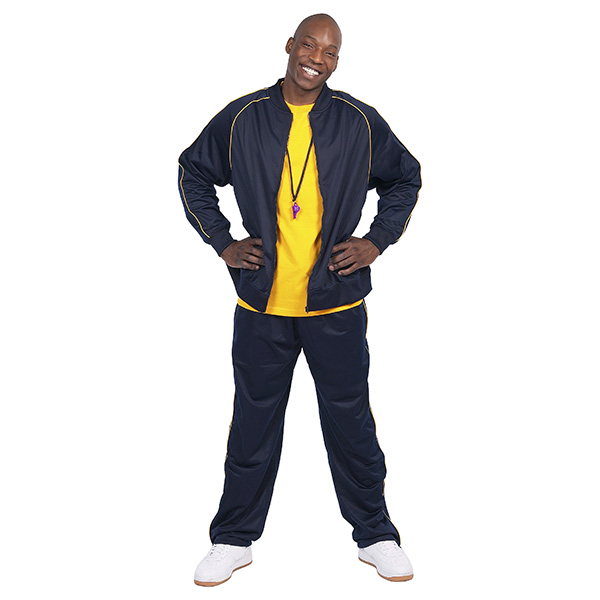Sports Coach
Education
While a college degree is not necessary to become a coach, many coaches will earn a degree, so it is strongly recommended. Most coaches achieve a degree in physical education. This helps them study the many aspects behind leading a successful sports team. You also decide what sport you want to coach. There are many different sports to choose from, such as football, hockey, tennis or track. You will want to start small. Get experience by coaching youth leagues or assisting with local high school teams. You want to learn about the basics of coaching while building a relationship with other local coaches. You also want to go to clinics because continuous learning is essential. There are a variety of clinics available for each sport, including football (https://www2.usafootball.com/resource-center/coaching/clinics) and hockey (https://www.usahockey.com/viewallclinics.aspx). You need to apply for the right jobs. Do not apply for jobs for which you are under qualified. It is important to find a job that fits your experience and skill set. Becoming an assistant coach is a great way to network with other coaches and gain experience before you decide to become a head coach.
Job Description
 Coaches work with athletes and instruct and prepare them for competition. They help athletes play their best by teaching them necessary skills and providing them with strategies to achieve success. They are experts on strategies, techniques, and the rules of their sports. Coaches work in youth leagues, secondary school sports, college sports, and professional sports. They also work at camps, clinics and clubs designed specifically for teaching. Coaches have to pick players for their team and cut players who they feel don’t belong for whatever reason. Coaches also look for players by sending out scouts to watch players in other leagues or on other teams. After the team is made, coaches help the athletes on his team work out strategies and plays to be successful. High school coaches are responsible for many administrative tasks, including maintaining supplies and equipment, scheduling practices, and reserving playing facilities.
Coaches work with athletes and instruct and prepare them for competition. They help athletes play their best by teaching them necessary skills and providing them with strategies to achieve success. They are experts on strategies, techniques, and the rules of their sports. Coaches work in youth leagues, secondary school sports, college sports, and professional sports. They also work at camps, clinics and clubs designed specifically for teaching. Coaches have to pick players for their team and cut players who they feel don’t belong for whatever reason. Coaches also look for players by sending out scouts to watch players in other leagues or on other teams. After the team is made, coaches help the athletes on his team work out strategies and plays to be successful. High school coaches are responsible for many administrative tasks, including maintaining supplies and equipment, scheduling practices, and reserving playing facilities.

